Solo parenting after bereavement
This is a guest post by Nicky Wake telling her story of how she navigated grief and solo parenting after bereavement when her husband died.
Parenting is tough at the best of times. But parenting alone after losing your partner? That’s a whole different challenge. Since my husband Andy died in 2020, I’ve been raising our son Finn on my own, while navigating the tangled emotions of grief, solo parenthood, and trying to keep everything running, from my business to supporting Finn through his teenage years.
If you’re a working parent juggling loss and solo parenting, I want you to know you’re not alone, and it’s okay to feel overwhelmed. Here’s what I’ve learned on this journey, and some practical ways I’ve found to support both my son and myself through grief.
The unexpected journey of solo parenting after bereavement
When Andy and I had Finn, we dreamed of raising him together, a team sharing the joys and challenges of parenthood. Andy was a devoted stay-at-home dad, handling school runs, meals, and bedtime, while I focussed on building my event business. But everything changed after Andy’s sudden cardiac arrest in 2017, followed by years of him living with severe brain injury until his passing in 2020.
Suddenly, it was just me and Finn. Parenting alone wasn’t something I expected or prepared for. And grief was not just a feeling but a constant presence that shaped every decision and moment.
If you’re in a similar place, you might find that solo parenting through grief means balancing two roles, caring for your child while managing your own sorrow. It’s a tough act, but there are ways to navigate it.
Be honest and create a safe emotional space
One of the biggest lessons I learned was the importance of honesty. I didn’t want Finn to feel like he had to hide his feelings or that I had everything under control when I didn’t.
So I made it a point to speak openly about my own grief. When I had hard days, I’d say it out loud and invite Finn to share his feelings too. We made our home a safe place where emotions could be expressed without judgment.
Children pick up on their parents’ emotions, sometimes more than we realise, so modelling openness can help your child feel understood and less alone in their grief.
Don’t try to do it all alone
It’s natural to want to keep things together for your child, but grief and solo parenting can be incredibly isolating.
I had to learn to ask for help from friends, family, and even professionals. Reaching out isn’t a sign of weakness, it’s a way to lighten the load so you can be present for your child.
If you can, build a support network. Maybe it’s a trusted friend who can help with school runs, a neighbour who’ll lend an ear, or a grief counsellor who can provide expert guidance.
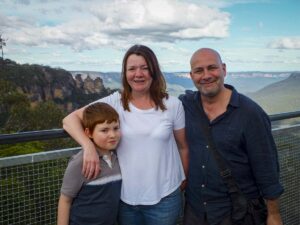
Nicky Wake with her son Finn and late husband Andy
Seek professional support
Grief is complex, especially for children who may not have the words to express what they’re feeling. Professional counselling was a lifeline for both me and Finn.
Therapy gave us language to understand our emotions and tools to cope with the ups and downs. It also helped me separate my own grief from Finn’s, so I could support him better without losing myself.
If you’re struggling, consider seeking help early. Many schools offer counselling services, and there are organisations that specialise in grief support for families.
Create new rituals and moments of joy
After loss, it can feel like the world has lost its colour. I found it helped to create tiny pockets of joy for Finn and me, small rituals that gave us something to look forward to.
It could be baking a favourite cake, a weekly movie night, or even just a walk in the park. These moments helped us build new memories without feeling like we were forgetting Andy.
Honouring the past while making space for the present is a balancing act, but one that’s essential for healing.
Keep the memory alive, gently
Speaking about Andy and sharing stories kept his memory alive in our home. We talk about funny things he used to say, the music he loved, and we keep photos around.
This isn’t about clinging to loss but about creating a narrative that helps Finn feel connected to his dad while still moving forward.
Children benefit from knowing their parent is remembered and loved, even when they’re gone.
Reframe ‘moving forward’
At first, I felt guilty when I started building a new chapter in my life, like I was betraying Andy’s memory. But grief isn’t about forgetting, it’s about carrying the love forward in new ways.
For me, this meant creating Chapter 2, a community and dating app for widowed people. I wanted to build a safe space where others navigating loss and solo parenting could find connection and support.
Finding purpose and connection outside your grief can be healing and empowering. It’s okay to build a future that honours your past.
Practical tips for working solo parents in grief
- Set realistic expectations: you won’t be able to do everything perfectly, so prioritise what matters most and give yourself grace
- Communicate with your employer: if possible, let them know you’re managing grief and parenting alone, as flexible working arrangements can help
- Use routines: kids (and adults) thrive on predictability, especially during emotional upheaval
- Encourage expression: whether through talking, art or play, give your child outlets to express their feelings
- Look after yourself: grief takes energy, so prioritise sleep, healthy eating and downtime when you can
- Connect with other solo parents: shared experience can be a powerful source of comfort
You’re stronger than you know
Solo parenting after bereavement isn’t easy, and there’s no one-size-fits-all approach. It’s a journey of ups and downs, mistakes and victories, heartbreak and hope.
If you’re reading this and feeling lost, remember, your love and presence mean everything to your child. By being open, asking for help and creating space for healing, you are doing the most important job in the world.
Finn and I have come through the darkest days, not without scars, but with resilience, love and new dreams. We didn’t choose this path, but together we’re finding a way forward.
If you’re interested in connecting with others who understand this journey, I’ve recently created The Widowed Collective, a peer support network offering community, resources and hope for widowed solo parents like us.
Thank you for reading. I hope my story and reflections offer some comfort or practical help as you navigate solo parenting after bereavement.
Nicky Wake is a serial entrepreneur, speaker and media commentator on grief, widowhood, sobriety, dating and reinvention. You can find out more about her work at www.NickyWake.com

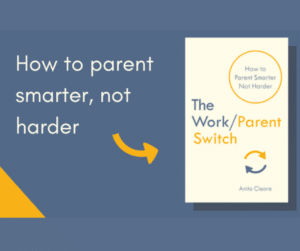

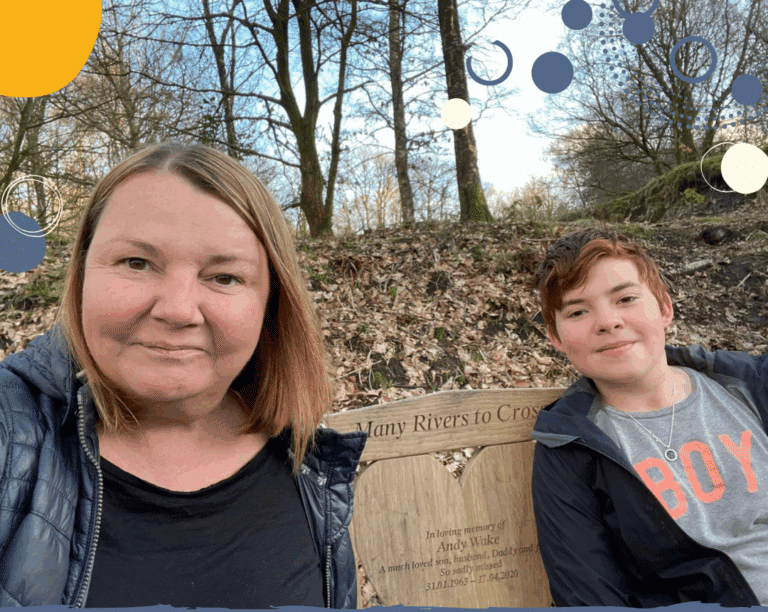


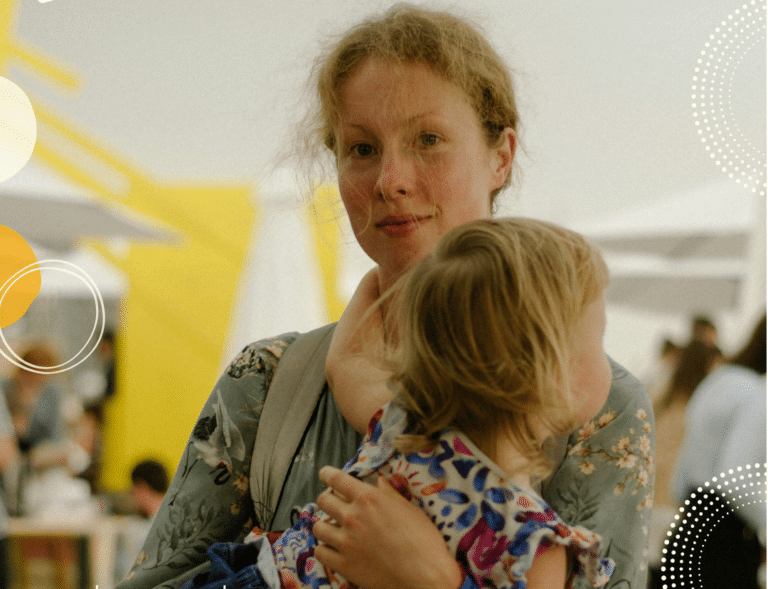
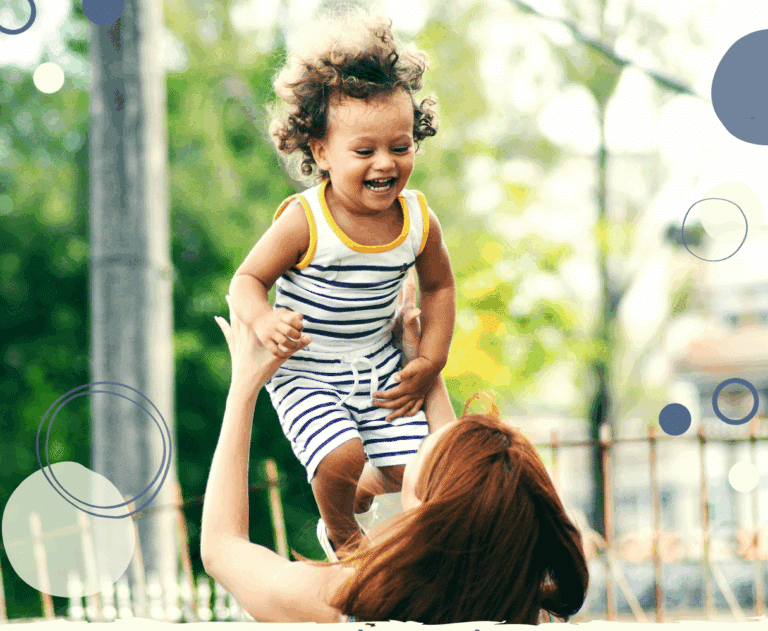

Leave a Reply